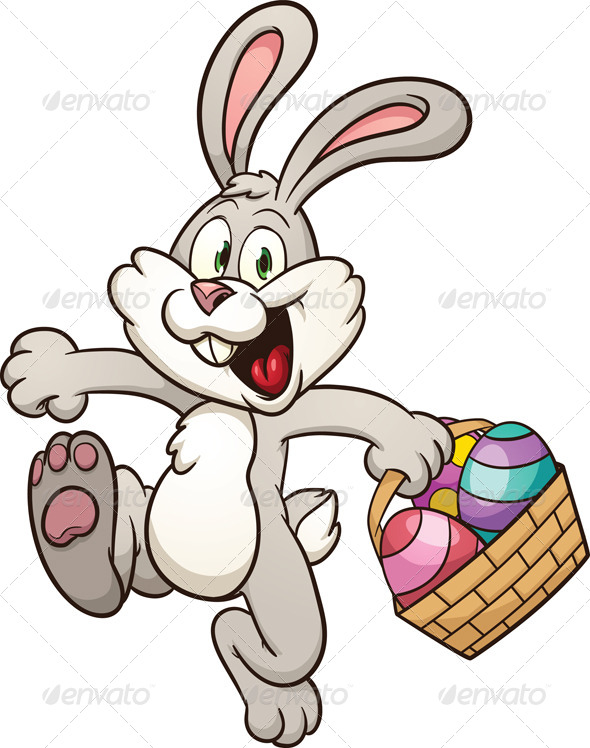Now that Easter is practically history until next year... I thought it would be a pretty good idea to devote an entry to Easter vocabulary, that is, words and expressions that one can use to refer to some Easter moments and traditions. Before reading this post, you may as well want to revisit my post about Easter traditions, my post on Easter videos to practise your listening, or my post on Maundy Thursday. Well, have you caught up with some knowledge on Easter? Now it's time you learnt (or rather revised) some of the Easter vocab and expressions. Let's begin:
Important dates associated to Easter
- Lent: It is a six-week period starting on Ash Wednesday (just right after Carnival) and finishing on Maundy Thursday. During this time, Christians are supposed not to eat meat on Fridays and also to fast. During this period, there are no weddings, baptisms or other religious sacraments.
- Holy Week vs. Easter: Holy Week is the week starting on Palm Sunday and finishing on Holy Saturday, not including Easter Sunday. Easter, on the other hand, Easter, as such, begins on Easter Sunday with the resurrection of Jesus Christ and finishes on Pentecostes Sunday.
- Palm Sunday: This happens just one week after Easter Sunday, that is, before Jesus Christ resurrection. People go on procession carrying palm branches to commemorate Jesus Christ's arrival in Jesuralem.

- Maundy Thursday: This important day pays tribute to the Last Supper. In addition, on this day, Jesus Christ himself washed the feet of his disciples to prove himself humble. In the past, monarchs would do the same with beggars to commemorate this, but now this long-standing tradition has deeply changed and in the UK, the queen of England gives Maundy money to different men and women.
- Good Friday: This day is a reminder of Jesus Christ's crucifixion and death.
- Holy Saturday: This is the day after Good Friday and it is considered the last day of Holy Week.
- Easter Sunday: On this day, Jesus Christ resurrected. The last procession takes place on this day. It is officially the first day of Easter. On this day, gardens and houses are decorated with Easter eggs and there are Easter egg hunts in different parts of the globe.
Holy Week and Easter traditions
- Easter eggs: At Easter, people buy and exchange Easter eggs. There are two types of eggs: chocolate eggs (very typical nowadays), or hard-boiled eggs used to decorate houses or play different games, such as egg tapping (breaking other people's egg by tapping them with your own egg without breaking it), Easter egg hunt (finding Eggs around the garden) and Easter egg roll (a race where people have to push their eggs with a spoon).
- Easter bunny: It is a figure bringing the Easter eggs.

- Simnel cake: A fruitcake typical at Easter.
- Morris dance: A typically English dance to scare spirits away.
- Processions and religious pilgrimages: They are some kind of "religious parades" to commemorate different events related to Jesus Christ.
Well, technically the Holy Week is over and Easter begins. If you are lucky and are on holiday, enjoy it!
No comments:
Post a Comment